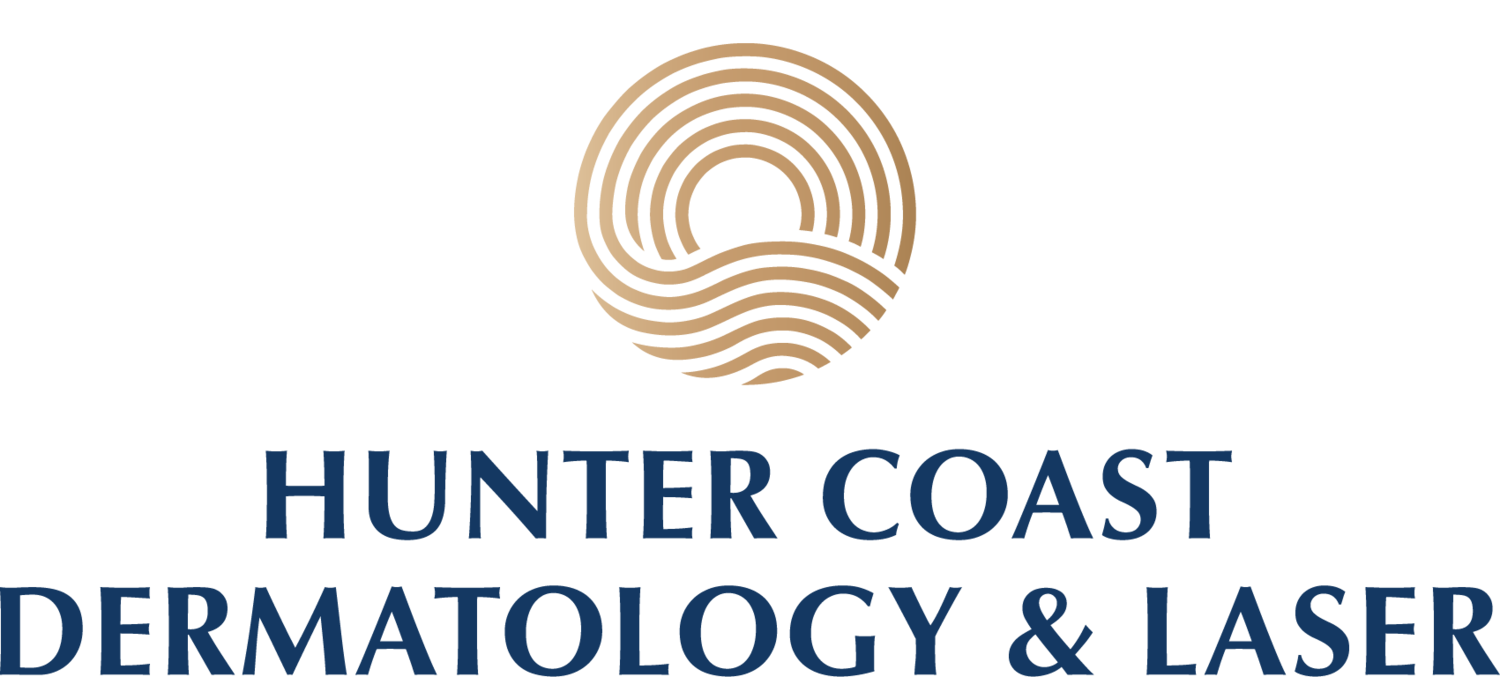
Skin Checks
What is a skin check?
A skin check is an in-depth examination of your skin that assesses your risk for skin cancer. Unlike other doctors, dermatologists are experts in detecting even the most subtle signs of skin cancer and are your best option for identifying skin cancers as early as possible.
Your dermatologist will examine spots on your skin, and check for signs of pre-cancerous or cancerous lesions. Taking your personal and family history of skin cancer into account, they will assess your individual risk factors, and identify any specific concerns you may have about your skin.
Your dermatologist will conduct a methodical examination of your skin, which may often include the use of a dermatoscope (a magnification tool with built-in lighting) to detect any signs of skin cancer. If they find any lesions of particular concern, they may perform a biopsy. This entails taking a small sample of the skin tissue, so that they can confirm whether the lesion is cancerous.
If a spot is shown to be cancerous, your dermatologist will discuss with you the options for treatment. Skin cancers that are detected early have a high cure rate, and may have the option of being treated without needing surgery.
Accurate diagnosis of skin cancers and benign (non-cancerous) lesions takes many years of training and clinical experience, and at Hunter Coast Dermatology and Laser, we pride ourselves on our expertise in providing the best possible care for any of your skin cancer concerns.
Skin Surveillance Saves Lives
Dermatologists are the most highly trained specialists for the treatment of melanoma and non melanoma skin cancer surveillance and management.
At Hunter Coast Dermatology & Laser, we use the most advanced technology for skin cancer treatment and prevention, however many skin cancers do require surgical excision. If surgery is required our Dermatologist will discuss the surgery and perform this under local anaesthetic within the comfort of our practice.
If you have been diagnosed with a melanoma or non melanoma skin cancer or would like a routine skin check call us for an appointment or send through a referral from your local GP.
Who should have a skin check?
All Australians are at risk of developing skin cancer. This is due to geographically high UV exposure and our active, sun-soaked lifestyles.
Some people have a higher risk of skin cancer than others due to:
increasing age
having fair skin or hair
high risk occupations or hobbies that have chronic sun exposure
short and intense exposure to UV radiation (for example, playing sport on the weekends, especially if it caused sunburn)
regular sun tanning or past solarium use
weakened immune system
high mole counts
previous skin cancer or family history of skin cancer and
certain skin or genetic conditions.
If any of these risk factors apply to you, it may be important to have your skin checked periodically by a dermatologist. It is also useful to monitor your own skin, so that you can visit a dermatologist if you have any concerns.
When to have a skin check
There is no set guideline on how often to check for skin cancers, but there are some key signs you can look out for.
If you notice any change in the size, shape, or colour of a skin lesion you should have it checked by a doctor. If you have had a skin cancer before, or have any of the above risk factors, you can discuss with your dermatologist how often you need a skin check.
It is important to get to know your skin and what is normal for you. A good way to do this is by getting into a regular habit of checking your skin for new spots, and noticing any changes to your existing freckles or moles. If you notice changes in your spots, it may be critical to see your doctor and have your skin checked.
Total Body Photography
Total body photography can be useful for particular patients with a large number of pigmented lesions (moles and naevi), to track any changes over time. It involves taking a series of standardised photographs of the patient, taken by a professional photographer. When the patient returns for surveillance and regular skin checks, the dermatologist can compare current lesions to the photos taken previously. It allows side by side comparison of the photographs, and changes which indicate skin cancer can be detected at an early stage.


